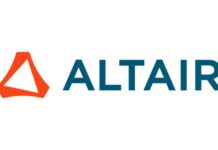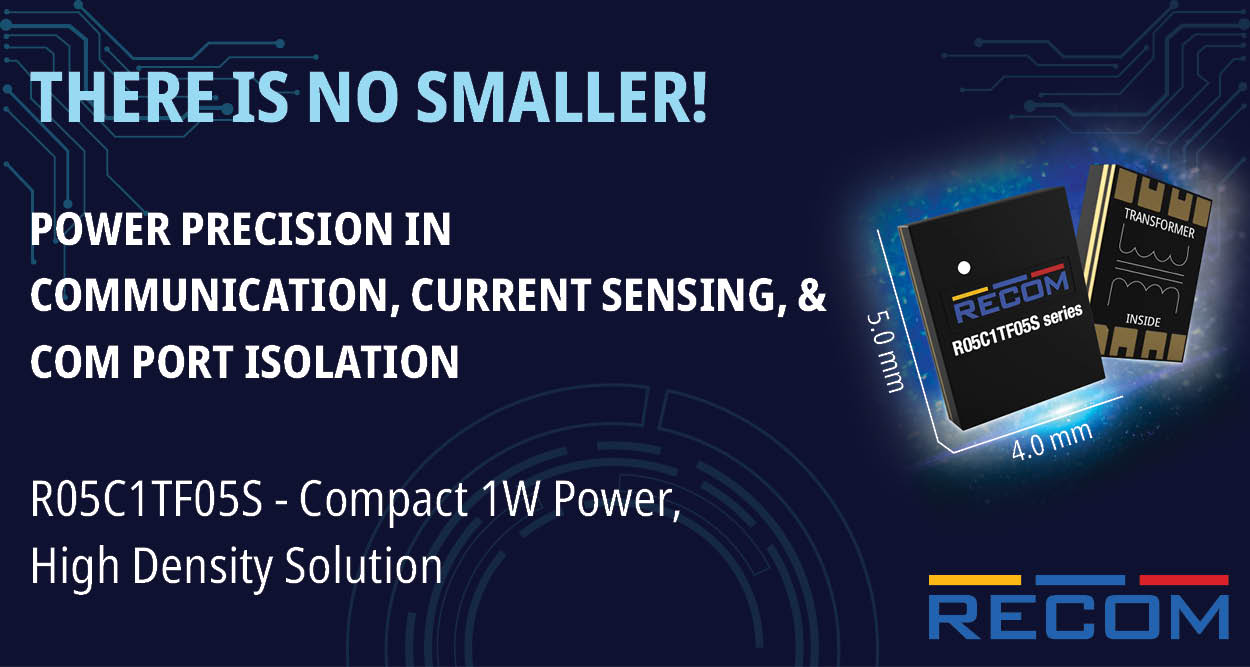Powerledger has revealed its fast and reliable “Powerledger chain” for the global energy industry.
Powerledger Chain will support Powerledger’s own applications, and third-party applications, as well as be open for public domain electricity use cases, interested in introducing new services and products to the market.
“Our mission with blockchain is part of our larger goal of making energy both green and affordable, to decentralize the grid, and to allow for the acceleration of the energy transition to renewable energy,” said Powerledger Technical Director & Co-founder John Bulich.
The former escrow model, in which customers held POWR tokens in escrow to gain access to applications, has been phased out and replaced by the transaction fee model.
This new model functions across two tiers: the layer 1 blockchain level and the application level. At the layer 1 blockchain level, the fee structure mirrors that of Solana, with the basic transfer costing 0.000005 of the native POWR token. Meanwhile, each application operating on the Powerledger chain has the flexibility to implement its own distinct fee structure.
“We’ve been testing our Powerledger Chain within a permissioned environment, but are now confident that our blockchain is ready to become public-facing,” said Mr Bulich.
As part of the transition, Sparkz tokens, which previously served as a unit of account in the early stages of our blockchain’s development, have been phased out.
“In this new phase, applications built on top of the Powerledger Chain have the flexibility to introduce their own business logic and tokens, similar to the concept of SPL tokens on Solana’s network. This approach allows for enhanced customization and functionality tailored to specific application needs,” said Mr Bulich.
Powerledger is inviting teams to build on the blockchain, with the aim of aiding the growth of an ecosystem of products that facilitate the energy transition.
“We encourage developers to bring their applications to our chain. Given its initial design as an electricity transaction blockchain, it’s a perfect choice for high-frequency throughput applications. This potential for diverse applications will also increase the rewards for validators and delegates,” said Mr Bulich.
In the interest of accessibility, Powerledger has also lowered the minimum POWR staking requirements to 2500 POWR. And towards the end of the year, the minimum requirement will be removed entirely.
“Our new blockchain helps bring the energy sector closer to our ultimate goal, which is to democratize renewable energy,” said Mr Bulich.
Powerledger has more than 30+ projects in 10 countries including Europe, Asia Pacific, North and South America, including some of the largest distribution and transmission utilities, businesses, energy retailers and property developers globally.












